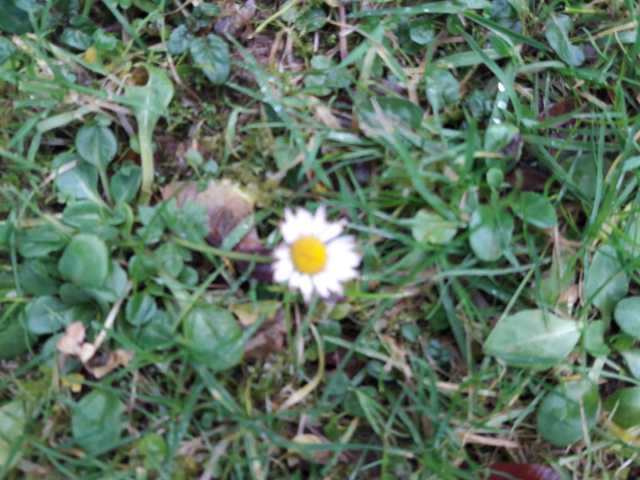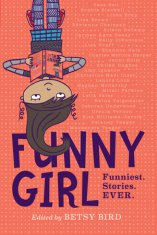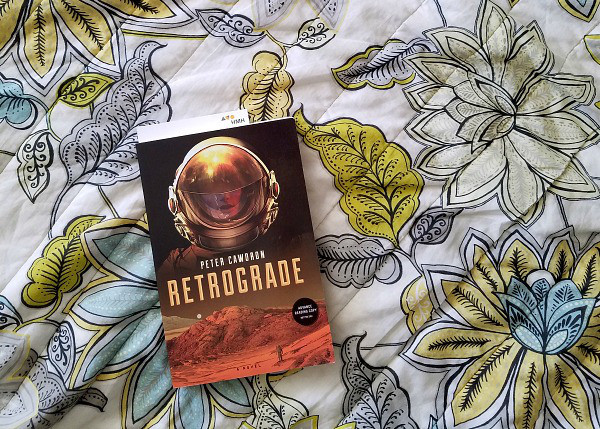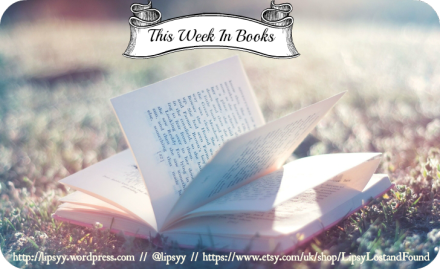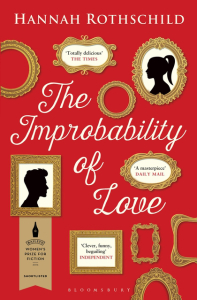
Author: Hannah Rothschild
Finished on: 20 November 2017
Where did I get this book: A book club read
There is a whole parenting movement these days around ‘hidden vegetables’. The idea being that even if this recipe contains three hundred brussels sprouts and a bag of spinach, your children will feel like they’re eating chicken nuggets and gobble down the lot. Hurray!
The Improbability Of Love is the literary equivalent of hidden vegetables. This is a book that begins like a Jilly Cooper: a cast of eccentric, ridiculously privileged and clichéd characters are introduced, populating an aspirational, glamorous setting. It’s as chicken nuggets as they come.
But stealthily, as the chapters whip by, Rothschild teaches us an enormous amount about the art world, and the way it is changing. We learn about the impact that an influx of super-rich Russian oligarchs is having on London (actually I don’t know, and don’t think I want to know, how much of these sections are accurate – but it is testament to Rothschild’s writing that despite it all being preposterously extreme, it also feels plausible). The most interesting subject that Rothschild secretly teaches us about, whilst making us think we’re just sipping champagne and eating twelve course banquets, is the looting of artworks that took place across Europe by the Nazi party from 1933 until the end of World War II. The detailed descriptions of Hitler’s own personal plunderers and what they got up to are horrific, but fascinating. Brussels sprouts indeed.
Don’t get me wrong, moments of pure chicken nuggets still rear their heads, especially around the central love story. I struggle with romantic fiction at the best of times, so it should be said I am probably not the intended audience for this book. (Again, it was a choice of my beloved book club). If people aren’t digging up their lover’s coffin to embrace the 20 year-old rotting corpse within, it’s just not my kind of love.
There’s no denying, though, that Rothschild does an expert job of handling some heavyweight subjects lightly, and without veering into trivialisation. I did come away from this book feeling nourished. Tasty, easy eating, but with some good vitamins in there (okay, I’ll stop with the strained metaphor now).
Advertisements Share this: